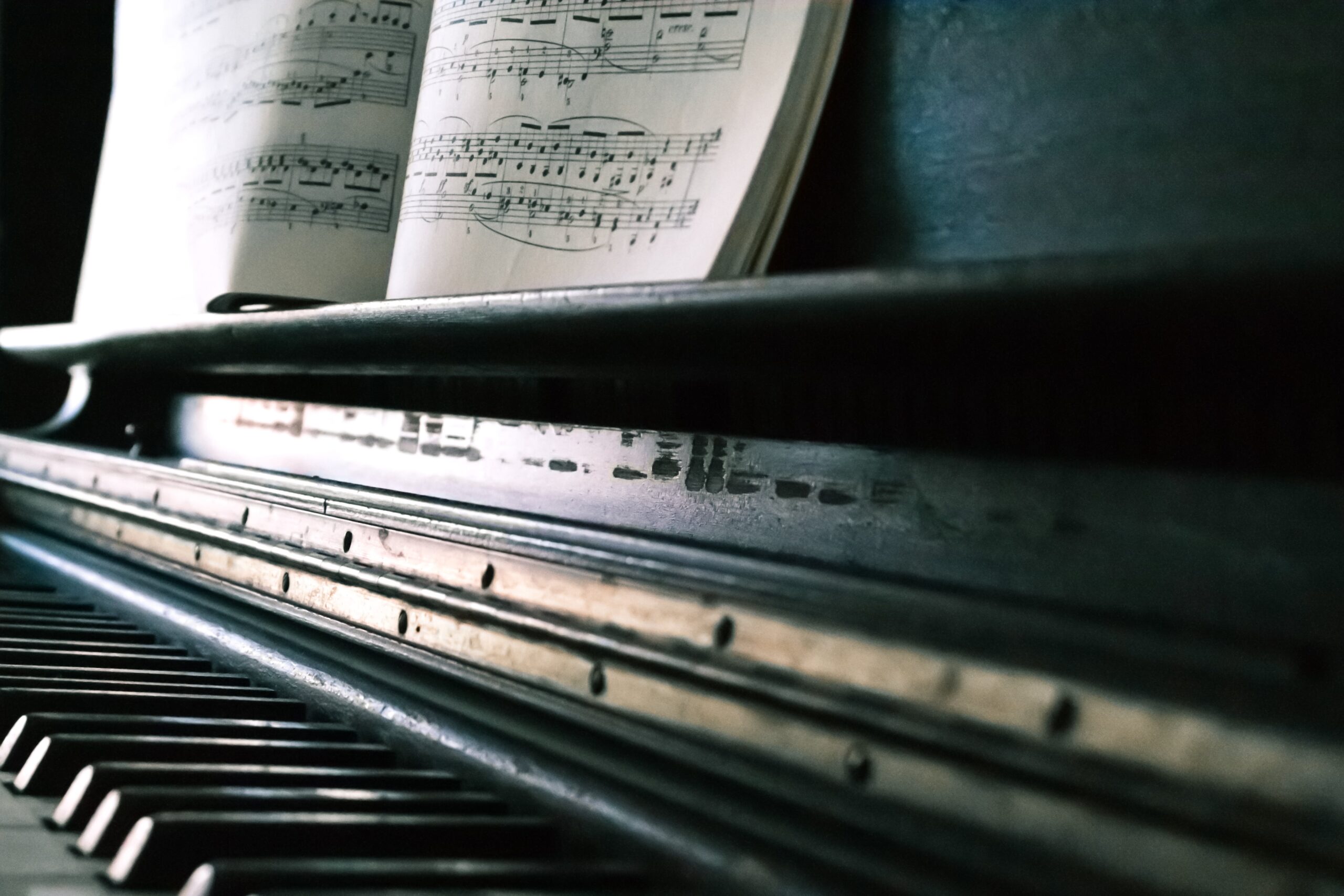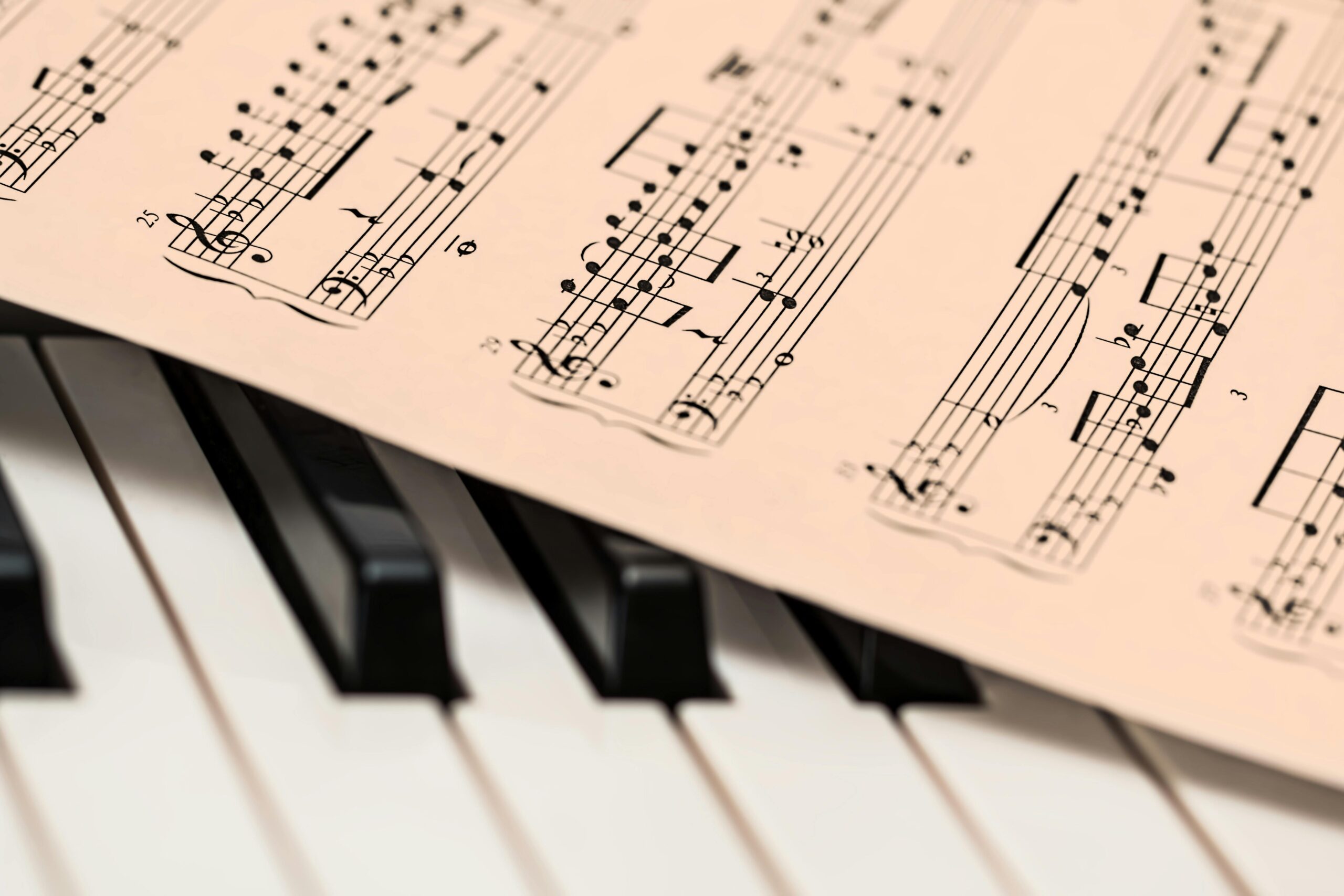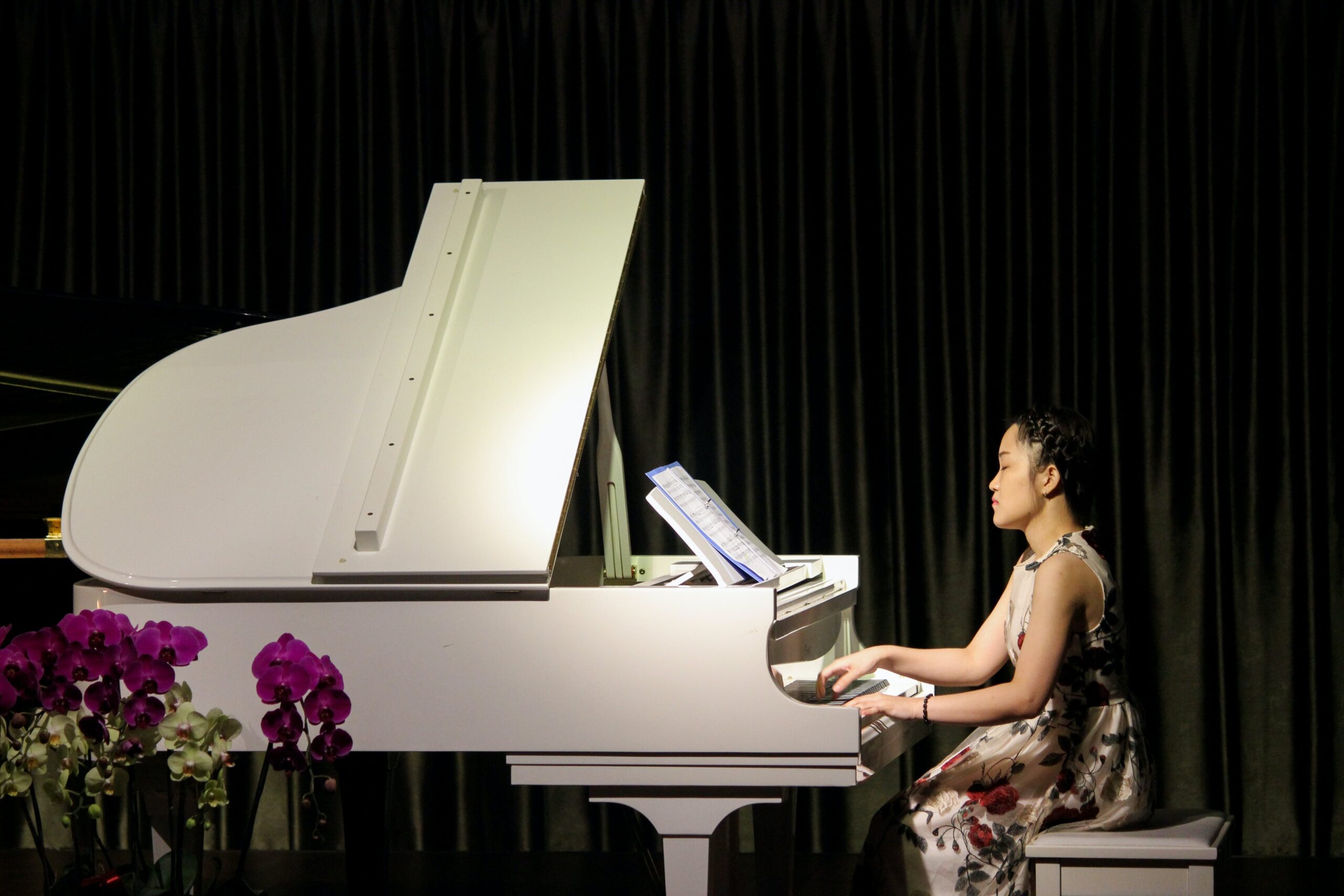Learning the piano can be such an amazing journey with each new song and rhythm a little puzzle for you to solve with your fingers, and if you’re looking to start, you can buy digital pianos that offer excellent sound quality and versatile features for beginners and experienced players alike.
Figuring out the notes and putting them together can feel a mystery for you to unlock, plus, you never know what beautiful sounds you’ll discover.
But starting can feel intimidating, too. There’s so much to think about: where to put your hands, which keys to press, trying to read those little black dots. Your head can be spinning at first! It’s easy to get in your way and doubt yourself.

But guess what? Piano isn’t nearly as scary as it seems. This musical journey can be something other than some substantial, complicated endeavor. All it takes is grabbing those beginner lessons and giving them a try.
Before you know it, you’ll tick the ivories like a pro. This guide is here to make that first step feel way less intimidating with simple tricks anyone can use.
Here are 9 Essential Piano Tips and Tricks for Beginners
1. Choose the Right Piano
Firstly, consider the type of piano that will suit your needs in learning piano. The acoustic piano will provide the best sound, but its downside is that it takes up too much space. An alternative is the digital piano, which is portable.
Budget is also crucial when selecting the piano of your dreams. Go for the pocket-friendly piano, yet one with quality. Digital pianos are relatively cheaper than acoustic pianos.
The piano keys are crucial, too. Look out for a piano with weighted or semi-weighted keys. This ensures a realistic feel during play.
2. Establish a Correct Posture and Grip
Solid posture and grip from the beginning will prevent injury and allow you to play freely. Sit centered on the front of the bench with your back straight. Position your hands curved with fingers relaxed and in a natural hover over the keys.
Your arms should hang at a level parallel to the keyboard. Make fine adjustments to your form to find maximum comfort. Proper technique will serve you well as your playing expands.
3. Learn The Grand Staff and Note Identification
Learning to read music is a fundamental step in mastery of the piano. Familiarize yourself with treble and bass clefs, then locate all natural notes (A through G) on both staffs. Trace the pitches with your fingers to reinforce recognition.
Master one clef at a time, then practice flawlessly identifying any given note. Develop your visual association between written notes and their corresponding keys. Note reading provides independence to learn pieces on your own.

4. Master Precision Using a Metronome
The Metronome is your trusty sidekick when working on keeping good timing. Set Metronome to a moderate tempo and run through your scales, exercises, and songs while tapping your foot with Metronome’s steady clicks. Begin by listening to the beat and moving those toes, then slowly add your instrument to the mix.
Even seasoned pros find Metronome helpful for keeping everything along at an even pace. Playing “in time” may feel stiff or unnatural initially, but sticking with the click track is essential for avoiding sloppy or hurried rhythms later.
5. Learn to Master Scales and Arpeggios
These fundamental patterns are building blocks for all music. While scales may seem dry, mastering them systematically trains your fingers in crucial finger patterns across genres. Start by learning triads (three-note chords) and scales one at a time.
Perfect each hand separately, maintaining steadiness and evenness. Gradually advance to contrary motion (one hand ascending as the other descends). Daily practice improves fine motor skills and musicianship. Patterns like these also develop your ear for melody and harmony.
6. Try Warming Up
Even professional pianists engage in warm-up routines before every practice or performance. With consistency, you, too, can shape your hands into finely tuned instruments. Light, repetitive exercises like scales and arpeggios prepare muscles.
Simple Hanon drills enhance finger independence, flexibility, and strength. Be patient; improvements will come gradually as you train diligently. Warming up trains dexterity while preventing injury from rushing into complex pieces cold.
7. Learn to Practice Effectively
Though short, frequent sessions yield more significant results than occasional marathons. Break tasks into manageable chunks using the “divide and conquer” approach. Isolate complex measure by measure, resetting tempo as needed, then combine it cohesively.
Work hands separately before uniting them. Use structured routines to optimize your time. Keep performance materials separate from exercises to maintain focus. Tracking progress motivates continued practice and growth. Effective strategies make the most of your experience at the piano.
8. Introduce Yourself to Musical Concepts
Begin studying notation, rhythm, melody, harmony, and form. Compose four measure “mini-songs” using basic structures like binary or ternary form. Notate creations to understand how visual, musical symbols represent audible elements.
Learn about musical contour, cadences, and key signatures. Understanding how composers craft music fosters a deeper appreciation of classics while aiding expressive interpretation. Conceptual knowledge elevates enjoyment and leads to more advanced techniques.
9. Engauge in Showcasing Your Skills
Though pianism takes many years to master, even beginners can showcase growth. Record practice sessions, then critique intonation, articulation, and dynamics. Learning with others multiplies encouragement and camaraderie.
Join your community music school’s recitals; scary as they seem, performances honor courage and commitment to the craft. Music connects and inspires; share your gift wherever opportunity allows. Each step into the spotlight boosts confidence for future achievements.

Closing Thoughts
Learning the piano is a long-term commitment that takes real dedication but is worth it. Sticking with your lessons and practice will reward you with a lifetime of beautiful music. This instrument opens up so many experiences, whether you want to have fun playing your favorite songs each day or dig into learning about music theory and composition.
Watch this space for updates in the Hacks category on Running Wolf’s Rant.
Like what you just read? Subscribe To Our Newsletter to stay in the loop.
Feel free to explore our website or check out our Featured Articles.
Looking for a gift for that special person in your life? Check out Netflorist.co.za, South Africa's top online florist and gift service. They offer flowers, gifts, and hampers for all occasions AND reliable nationwide delivery.



